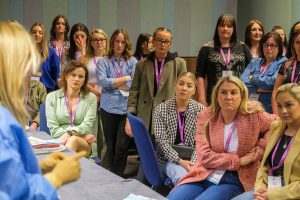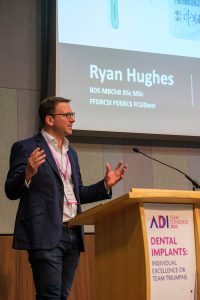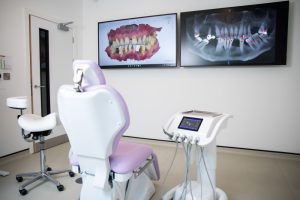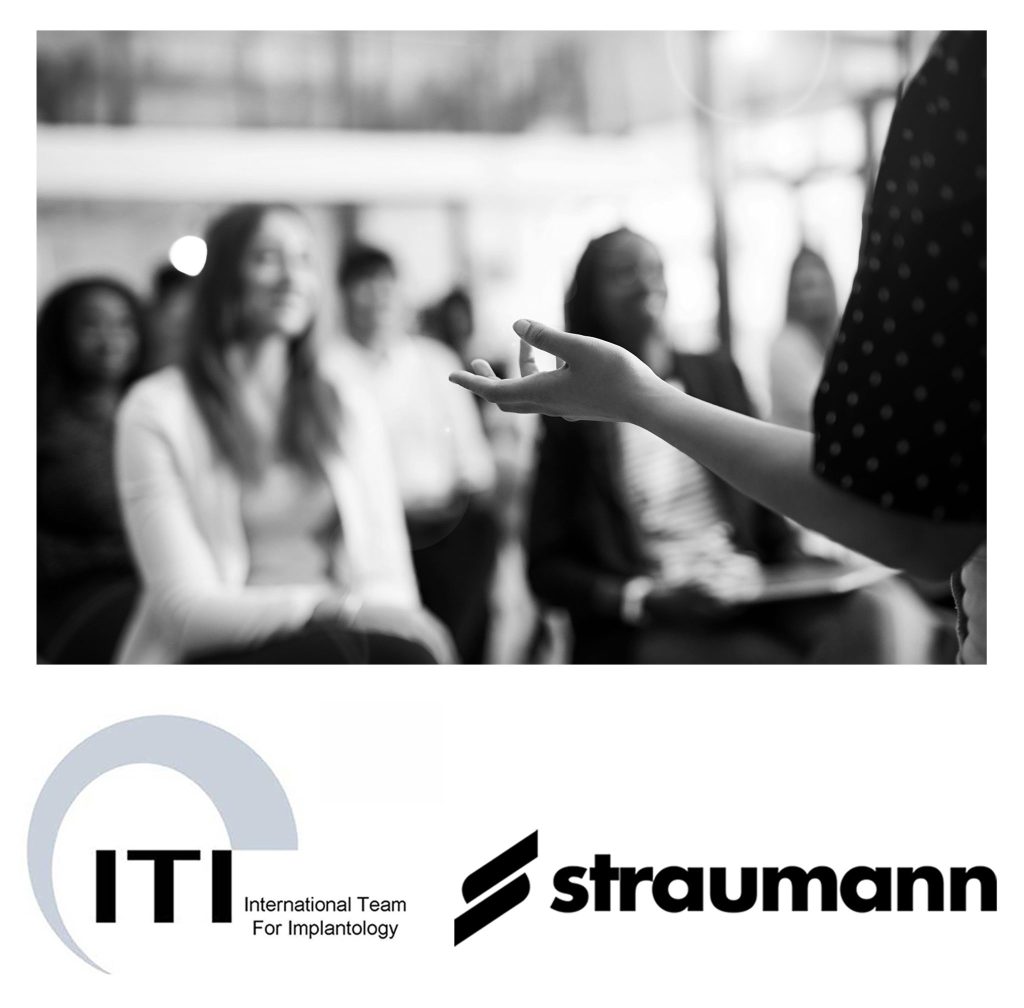In a survey of 313 health practitioners conducted between 8th – 22nd June, members of the School and Public Health Nurses Association and the British Dental Association were asked about the impact of child hunger on children’s health. The survey aimed to understand the impact of child hunger on children’s health over the past year, as part of a national week of action co-ordinated by the National Education Union’s ‘No Child Left Behind’ campaign.
- 65% of health practitioners reported children’s health had got worse as a result of hunger and poor nutrition. Almost a third of respondents said that children were experiencing an increase in the incidence or severity of health problems to a large extent (28%).
- When asked how hunger and poor nutrition were impacting on children, more than half said they had seen children who were putting on weight slower than expected (53%), noted changes in their behaviour (55%), and were experiencing more frequent mental health problems (51%).
- Child hunger and poor nutrition is having a particularly severe impact on children’s dental health. 78% of respondents said they had encountered children’s teeth decaying or being damaged at a higher rate than usual.
- To stop children’s health from deteriorating further and leaving lasting scars on their life chances, health practitioners are calling for the Government to fund Free School Meals for all children in primary school.
- 94% of respondents said that they supported the idea of Government provision of Free School Meals to every child in primary school in England.
About the Week of Action
The No Child Left Behind Week of Action will involve a series of local and national events and activities, undertaken by campaign activists and with the support of more than 240 civil society organisations, mayors, MPs and councils backing the call. A full list of supportive organisations can be found here: https://freeschoolmealsforall.org.uk/take-action
The Week of Action aims to highlight the many benefits to children, families and schools of extending Free School Meals for All by focussing on a key theme each day (faith, education, public health, tackling inequality, and food with the importance of good nutrition and diet).
The week will culminate in the delivery of a joint open letter to 10 Downing Street on Thursday 29 June. The letter calls on the Westminster Government to follow the example of the Welsh and Scottish Governments in extending the provision of FSM to every child attending primary school in England.
Child hunger and worsening health
When asked about their experiences over the past year, 65% of health professionals reported that children’s health had got worse as a result of hunger to some extent. Almost a third of respondents (28%) said that children were experiencing an increase in the incidence or severity of health problems to a large extent.
With food inflation soaring and in-work poverty on the rise, many families are being pulled into increasingly difficult positions through no fault of their own and children are suffering as a result. Families across the income distribution are struggling with food costs and having their health impacted.
One respondent illustrated how working families are struggling to make ends meet. One paediatric dentist told us:
“I have noticed at work more patients are being referred from different socioeconomic backgrounds than previously, more patients from the working population. Cost of living rises are quoted to me pretty much every day when I talk about food now. Parents are making decisions based on cost rather than nutrition and they frequently comment in my surgery that they cannot afford healthy food like they used to. Poor nutrition results in higher levels of caries, which in turn results in dental pain and infection. This then means that children can be reluctant to eat at times.”
That families were struggling due to the economic situation they face was a common theme in the responses. Many health professionals are seeing the impacts of the cost-of-living crisis. One school nurse captured this trend:
“I feel many families, not just those receiving universal credit, are being priced out of providing well balanced meals to children. School is often the only place where a cooked meal is guaranteed. As a consequence, children lack the energy and the concentration to thrive.”
Dental health, mental health, and behaviour problems
Respondents were asked about the types of health problems children experience. Almost 4 in 5 health professionals said that they had noticed teeth decaying or being damaged at a higher rate than usual (78%).
More than half of respondents also reported:
- Children not growing or putting on weight at the expected rate (53%)
- Changes in behaviour such as being unusually irritable, slow or anxious (55%)
- Low energy levels and tiring more easily than other children (58%)
- An increase in the frequency of mental health problems (51%)
Respondents highlighted that poverty can have the effect of making children feel excluded, compounding the difficulties they face in educational settings. A school nurse responding to the survey outlined the impacts of stigma and social exclusion on children’s education:
“Hungry children cannot learn. Hungry children feel isolated and ashamed, this can make them disengage and become withdrawn, or be angry and cause disruption. Poor nutrition causes long term health and social problems and reduces the life chances of the children in our care.”
Respondents were concerned about the long-term effects of these issues and how they affect children’s sense of self. There was significant concern that the difficulties children were facing would impact on their education and life chances for years to come. This sentiment was coupled with a concern about the impacts of poverty on the mental health of families and children’s development:
“Hunger and poor nutrition have an impact on a child’s physical development, causing them to lose weight or not maintain their weight and this will impact on their ability to behave like another child their age. Parents who have to worry about food and poverty are more likely to have mental health concerns which can also impact on a child.” (School nurse)
Increased health problems and impacts on health professionals
Health professionals in the survey reported how often they work with children who experience health problems as a result of hunger and poor nutrition. 68% of health professionals in the survey reported seeing children with such problems more than once a month.
Almost 1 in 5 health professionals (18%) work with children experiencing these issues every single day, while just under a third more (31%) said they encounter children with health difficulties arising from hunger and poor nutrition every week.
A common theme in the survey responses was that existing provision of Free School Meals was not meeting the scale of the challenge and that front line staff were struggling to meet the demand. A school nurse responding to the survey captured this trend, saying:
“The cost of living has our many families in serious financial strain, including many not being able to heat their homes or feed themselves or their children. Vulnerable children in particularly are the worst hit by financial strains and lack of funding means that we, as public health nurses can only temporarily provide support to a small selection of these families by providing a food voucher and signposting to supportive services. In this day and age, hunger and lack of nutrition should not be a factor in children’s lives.”
For many, this leads to a growing frustration with Government inaction:
“Hunger and poor nutrition affect all aspects of life for the children I work with, from their physical health needs to their ability to regulate their emotions and learn to the best of their ability. It can also impact their emotional health through behaviours such as stealing foods and being labelled and ostracised by their peers, thus impacting their ability to develop their social wellbeing. These children are the future of our country, and by preventing lack of positive education and dampening their wellbeing and physical development by them not being adequately fed is extraordinarily short sighted of the government.” (School nurse)
Strong support for Free School Meals for All
In the context of rising food inflation, 97% of those surveyed said that a standardised daily hot food intake for primary school pupils could improve children’s health outcomes. Almost half of respondents (47%) said that this could improve children’s health outcomes by a very large extent, while a further 30% said it could improve health outcomes by a large extent.
A further 94% of respondents said that they supported the idea of Government provision of Free School Meals to every child in primary school in England, which would follow in the footsteps of programmes currently being rolled out in Wales and Scotland. 82% strongly supported the idea of Government provision of Free School Meals to every child in primary school in England.
Increases in food prices have pushed many families into additional hardship. The economic situation many find themselves in is seen as requiring urgent intervention. One respondent outlined how Free School Meals for all children in primary school could help alleviate the impact of the cost-of-living crisis:
“Poor nutrition, particularly more recently due to the cost-of-living situation and exorbitant costs of basic food have fuelled the prevalence of obesity. Many ‘just about managing’ families who are not eligible for FSM beyond KS1 are struggling to feed their children nutritiously. Hence my support to expand FSM to all primary age children in England.”
Many respondents also called on the Government to recognise that spending on school food is a vital investment in the health of the next generation:
“If children are hungry, they cannot concentrate therefore they struggle to acquire language as attention and concentration are an essential underpinning prerequisite skill for all learning including language. If they do not have good language skills, they will struggle to access the curriculum. If they cannot learn to their potential, they will not achieve their potential in later life, and instead of being able to work and contribute to society and to have a sense of self-worth and value, they may have mental health difficulties and be unable to work. To speak about it in financial terms, this will cost the country significantly more than providing a free school meal up to the age of 11.” (School nurse)
Another respondent echoed this call:
“Hungry children have poor outcomes with self-esteem, educational achievement, life expectancy and health outcomes. This in turn creates vulnerable adults or poor life choices both of which effect the wider society morally and a financial cost of implementing reactive services to the poor outcomes in adulthood. A civilised and decent society invests in the young knowing we only get once chance at helping make adults of tomorrow who are confident and well-adjusted members of our community.” (School nurse)
A school nurse responding to the survey also outlined the benefits of Free School Meals for all children in primary schools:
“We are lucky enough to work in a borough that supplies Free School Meals to all primary school children regardless of parental income and the offer is being extended to secondary schools in September. This has been so important to allow children to just be able to learn at school without the distraction of hunger. I’m sure it’s also a huge weight off parents too, to know the children are having a substantial meal at school.”
Kevin Courtney, Joint General Secretary of the National Education Union said in response to the findings: “With 4.2 million children living in poverty, it is incumbent on the Government to take action. These findings demonstrate the impact of child poverty on children’s health and paint a worrying picture for their futures.
“Front line healthcare staff such as school nurses, dentists and teachers play a huge role in supporting young people to live the best lives they can, but these findings show that their jobs are becoming increasingly difficult in the face of rising poverty.
“Soaring food inflation and the rising cost of living means many more families are being pushed into poverty, and work no longer pays the bills for too many people. We know that 71% of all children living in poverty are in working households. It is clearer than ever that existing Government support and provision is not meeting the scale of the challenge and the Government must do more.
“The NEU, along with more than a hundred other organisations signed up to the Free School Meals for All campaign, are calling on the Government to introduce Free School Meals for all children in primary schools. We can no longer afford the costs of inaction and must take action to prevent the health of our children from deteriorating further.”
Sharon White, CEO, School and Public Health Nurses Association responded to the findings: “The School and Public Health Nurses Association are delighted to have worked with the National Education Union and partners to participate in this vital survey. The detailed responses from school nurses demonstrate not only their high level of concern and compassion but also the significant impact this is having on the focus of their work with an increasing number of hungry children. This should not be happening in the fifth richest county in the world. We trust that as part of this week of action, that our decision makers listen, do and act urgently to provide universal Free School Meals to primary school aged children. Without this, the downward trajectory of our children’s health outcomes will continue long into adulthood. They need and deserve much better.”
Eddie Crouch, Chair of the British Dental Association, said: “Our kids are born into a toxic food environment, and dentists see the results every single day. Tooth decay is the number one reason for hospital admissions among young children, and bad diets are fuelling it. Free School Meals is a simple step that would put prevention to work in every school in this country.”






 About the session, dental nurse at Thistle Dental, Iona Murray, commented:
About the session, dental nurse at Thistle Dental, Iona Murray, commented:
 At the end of the day, one dental hygienist and therapist commented:
At the end of the day, one dental hygienist and therapist commented:







 “The course was very good. It was clear and structured, allowing you to build on what you have learnt, and put it into practice. The teaching was very good too, and the speakers made the course content straightforward – perfect for someone who is new to the topic, as this meant that there was no confusion. I felt that the course provided good progression, as we could apply what we had learnt to practice in between each session.
“The course was very good. It was clear and structured, allowing you to build on what you have learnt, and put it into practice. The teaching was very good too, and the speakers made the course content straightforward – perfect for someone who is new to the topic, as this meant that there was no confusion. I felt that the course provided good progression, as we could apply what we had learnt to practice in between each session.





